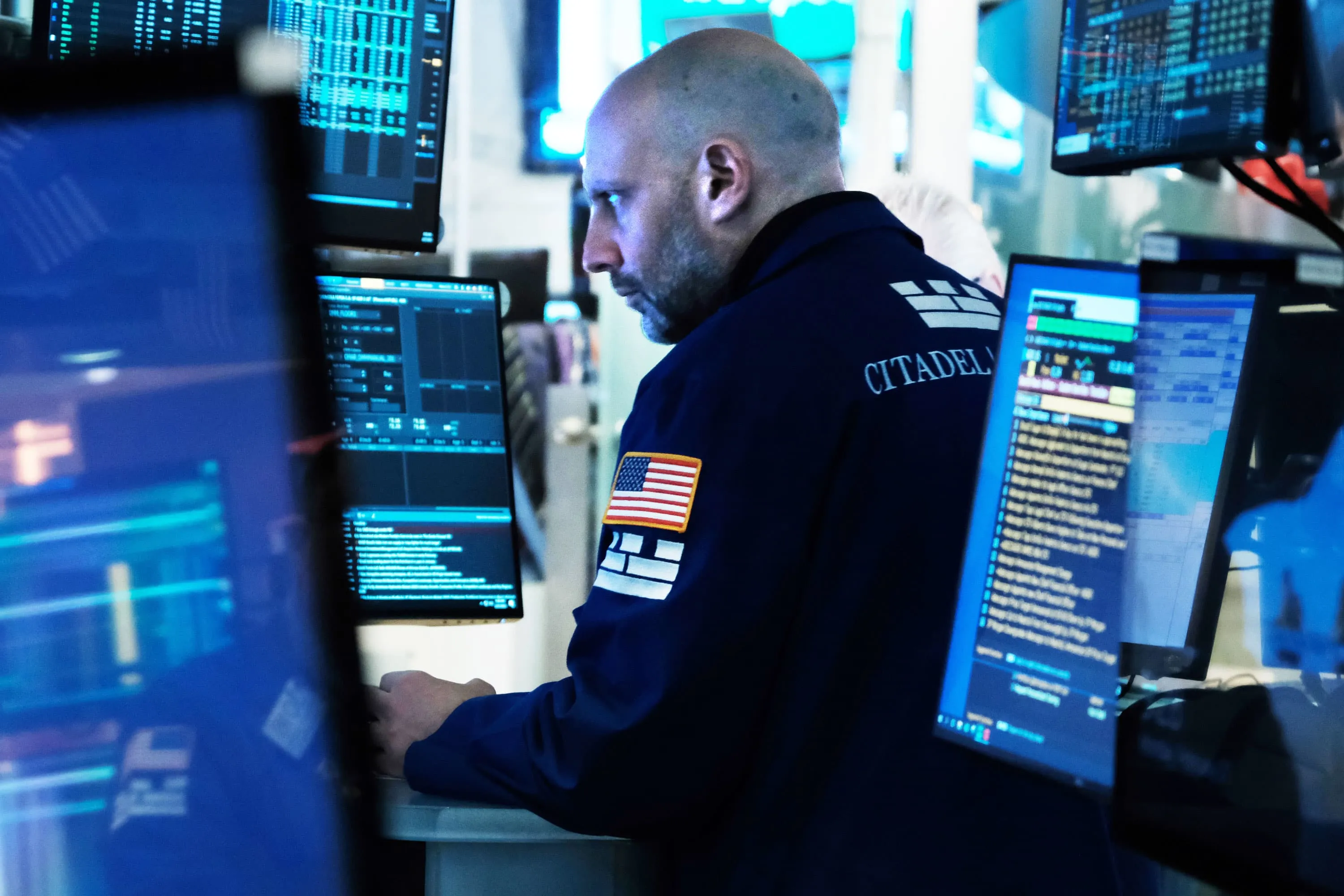As Wall Street economists and central bankers debate the possibility and timing of a US economic recession, big money managers are already taking action. Professional stock pickers are increasingly shifting funds from economically sensitive shares like banks to stocks deemed more resilient during economic downturns, such as utilities and consumer staples.
Hedge funds, which make both bullish and bearish bets, have decreased their cyclical holdings compared to defensive equities to their lowest level since at least 2012, according to Bank of America Corp. data. Long-only managers' relative exposure to cyclical companies, whose fortunes are tied to the ebbs and flows of the business cycle, is also near the lowest level since 2008.
Despite a rally that has boosted equity values by $5 trillion since the market's October low, active stock pickers are exhibiting growing pessimism. BofA strategists led by Savita Subramanian wrote in a note that, in total, active stock pickers are "positioned for a 2009-style recession."
Although the S&P 500 was volatile on Monday and closed relatively unchanged, it has come within 30 points of the widely followed 4,200 level for the second consecutive session but failed to break through.
Last year, when recession fears were rampant, active funds were holding onto a cyclical tilt, indicating confidence in the Federal Reserve's ability to engineer a soft landing with its aggressive inflation-fighting campaign. However, the recent preference for defensive equities marks a departure from that stance, as such confidence is now difficult to find.
The persistent bearishness among professionals is supported by sector positioning data. According to BofA's latest survey of money managers in April, cash holdings remained elevated, and bonds were preferred over stocks more than at any time since 2009.
The defensive posture can lead to significant rallies when bears feel compelled to chase gains, fearing being left behind. This was demonstrated on Thursday, when strong earnings from technology firms, such as Meta Platforms Inc., overshadowed data indicating slowing economic growth and hotter-than-expected inflation. That day, the S&P 500 surged 2%, and Goldman Sachs Group Inc.'s equity trading desk saw an increase in activity.
As a result, long-only funds "were forced in as FOMO buyers as the market started to run away from them," wrote Goldman's partner John Flood in a note to clients last week.

Subscribe to our newsletter!
As a leading independent research provider, TradeAlgo keeps you connected from anywhere.








